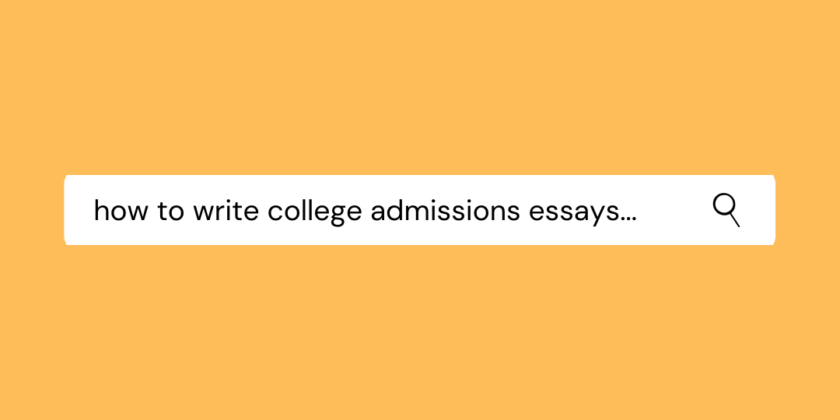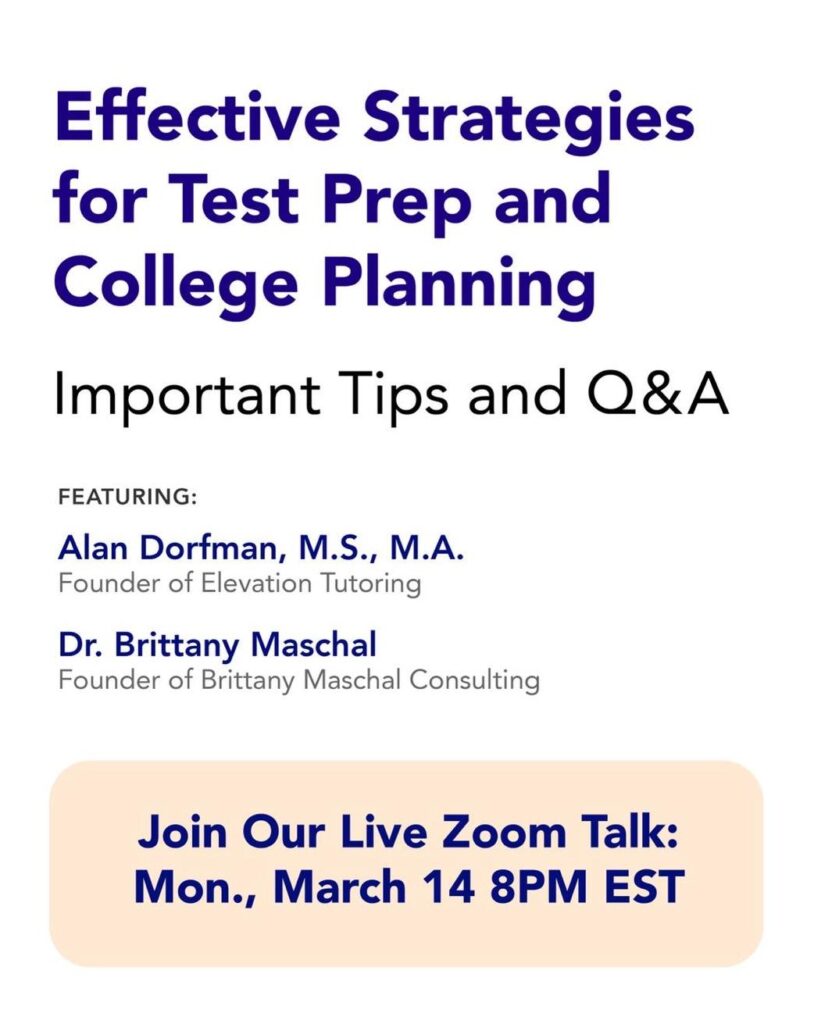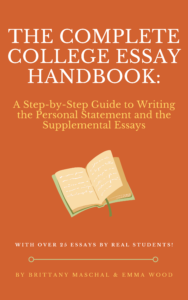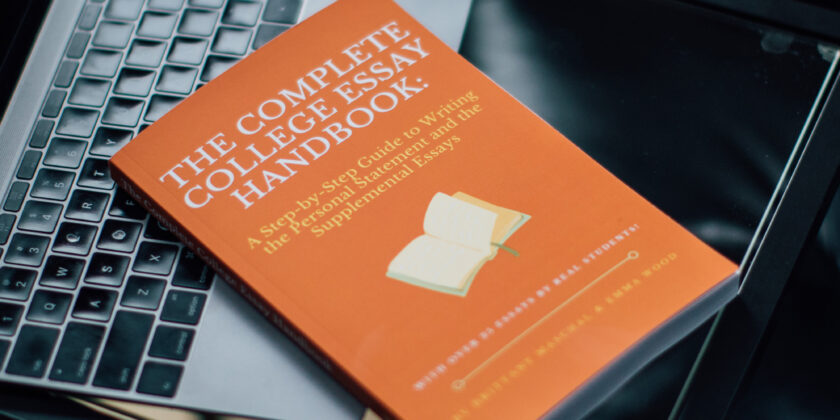The Purpose of & How to Tackle College Specific Essays (Supplemental Essays)
The supplemental essays (or “supps” as we call them) are a chance for you to “supplement” your personal statement (aka the Common App essay) with more information about who you are and what makes you tick. Although many supps ask you to write about seemingly straightforward topics, like your extracurriculars or academics, they are not merely an opportunity to rehash your résumé or the activities section of the Common Application. They are, like the personal statement, an opportunity to tell another deeply personal story—not to brag about your brag-worthy accomplishments. Remember: it is stories, not accomplishments, that will make your application memorable.
For your essay to count as a story, it needs to tell a narrative that charts personal progress and change. Maybe your résumé is full of community service, and though you love it now, when you started, it felt like a chore. Tell that story. Maybe you played piano for ten years only to quit in tenth grade so you could devote more time to your real passion—computer science. Tell that story. Maybe you founded a club, and no one came to the first meeting, but you decided to keep going, and now you have a small but devoted core group. Tell. That. Story. In other words: Tell the unvarnished true story, even if that story isn’t neat or pretty. Those are the best stories!
Although supps present a valuable opportunity to make yourself even more memorable to your favorite schools, they also present a daunting amount of work: the majority of schools require at least one supplemental essay, and some, like MIT and Wake Forest, ask you to complete five or more. Many students we work with end up having to complete, on average, ten to fifteen sets of supps, or anywhere from eight to twenty additional essays. This is an insane amount of writing, and it can seem especially challenging because the prompts for these essays appear to vary greatly from school to school.
Don’t be daunted. You don’t have to write twenty unique essays!
Over the years, we have identified four types of essays that admissions officers most commonly look for. The students we work with write, on average, these four essays that they are then able to adapt and repurpose for different word counts and prompts. They are:
- Academic and Intellectual Interests
- Community and Identity
- Creativity
- Impact and Influence
And following our method, you can do this too! In The Complete College Essay Handbook, we provide:
- An overview of the type, with writing advice
- Sample essays to show you how it’s done at different word limits
- Both obvious and less-obvious prompts, so you can get a sense of the ways colleges phrase each question
- A brief brainstorming questionnaire targeted to that type
We also show you how to adapt your essays for higher or lower word limits and how to repurpose your essays for the few prompts that fall outside of the four types. Using our methods, you’ll be able to maximize your time by writing fewer, but more effective and widely applicable, supplemental essays.
Get a copy today (paperback or ebook option), or if you are interested in working with us 1:1, reach out via email!
*Stay in the know! Subscribe*










